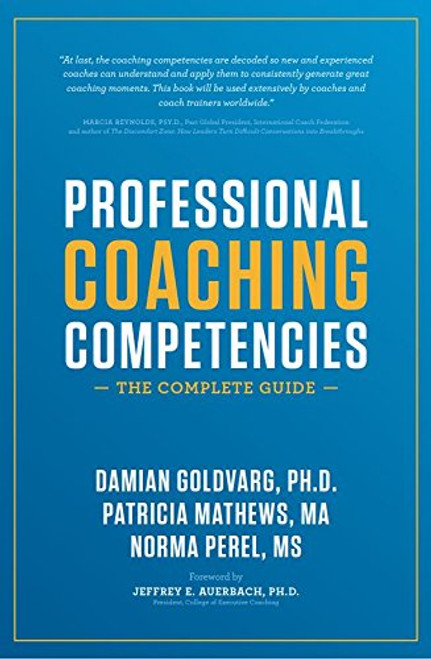One of the most challenging tasks facing clinicians today is the assessment of patients' capacities to consent to treatment. The protection of a patient's right to decide, as well as the protection of incompetent patients from the potential harm of their decisions, rests largely on clinicians' abilities to judge patients' capacities to decide what treatment they will receive. However, confusing laws and the complicated ethical issues surrounding the concept of competence to consent have made the process of competence assessment intimidating for many clinicians. Health professionals--physicians, medical students, residents, nurses, and mental health practitioners--have long needed a concise guidebook that translates the issues for practice. That is what this book accomplishes.
This volume is the product of an eight-year study of patients' capacities to make treatment decisions--the most comprehensive research of its kind. The authors describe the place of competence in the doctrine of informed consent, analyze the elements of decision-making, and show how assessments of competence to consent to treatment can be conducted within varied general medical and psychiatric treatment settings. The book explains how assessments should be conducted and offers detailed, practice-tested interview guidelines to assist medical practitioners in this task. Numerous case studies illustrate real-life applications of the concepts and methods discussed. Grisso and Appelbaum also explore the often difficult process of making judgments about competence and describe what to do when patients' capacities are limited.
A timely, practical handbook relevant to every medical specialty, Assessing Competence to Consent to Treatment will benefit a wide array of medical practitioners--including physicians, medical students, residents, nurses, and other allied health professionals--who need to assess the mental competence of patients in their everyday practice. It will also interest ethicists and moral philosophers, as well as geriatricians and clinical psychologists working with cognitively impaired patients.
Assessing Competence to Consent to Treatment: A Guide for Physicians and Other Health Professionals
Thomas Grisso
$14.44 - $68.40
- UPC:
- 9780195103724
- Maximum Purchase:
- 3 units
- Binding:
- Hardcover
- Publication Date:
- 1998-02-15
- Author:
- Thomas Grisso;Paul S. Appelbaum
- Language:
- english
- Edition:
- 1











